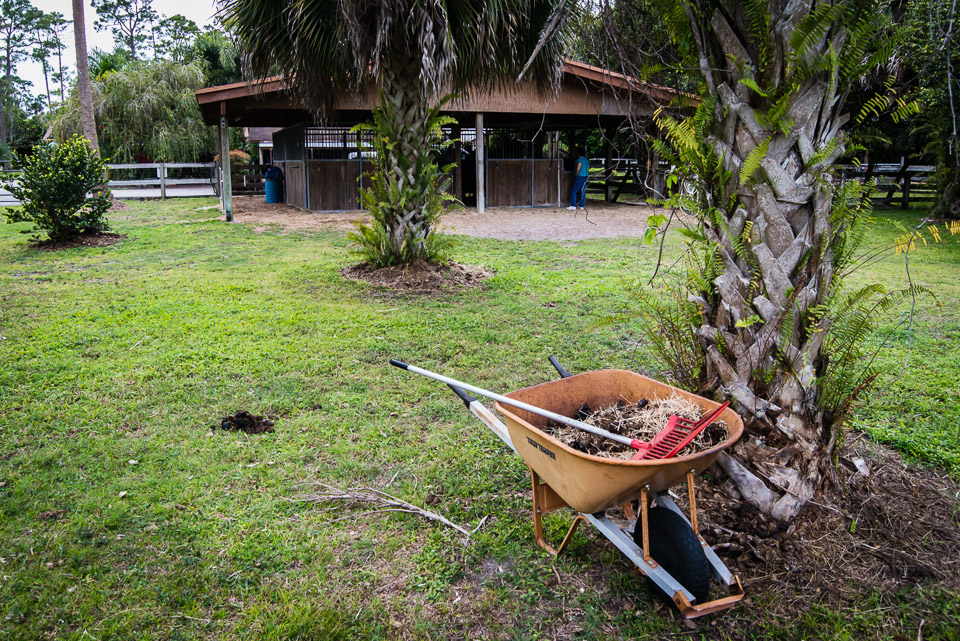
Horse Disease Prevention – Parasite Control
**CONTINUED IN ARTICLE TAB**
Related material – Sometimes I have a lot of material here that I have written, podcasted, video blogs and other things. They will be listed in this tab.
Use the browser back button or menu to return to the index of topics.
⬇︎ CLICK ANY IMAGE BELOW TO REVEAL MORE INFORMATION ⬇︎
In 1973 when I started my career with horses I remember the trainer at my barn describing the making of a tea using buchu leaves. After it cooled it was given as an enema to kill pinworms. He actually did this once to show me, or to prove that his ways were better than the new medicines the vet was trying to sell us.
In 1975 or so, our farm vet came in excited to show us a new medicine that was to cure parasite disease in horses. My first question was, “What disease?” I had never heard of internal parasites. Today the medicines used to control internal parasites in horses are also approved for use in humans. I have seen one for sale on the shelf at my local pharmacy.
Here is a simple question for you. How did your parents control internal parasites in you? Did you receive routine dosing of medicine to fight these nasty creatures in your gut? Probably not. After I saw a documentary about orphans in Romania where young children lived in their own filth I realized how humans in most countries prevented parasites from invading our bodies. These orphans were emaciated with distended bellies as they walked barefoot in their own waste eating food with their dirty fingers from unwashed bowls. The answer became clear that if we don’t eat where we defecate, wash our hands and use forks to keep our dirty fingers away from our food then internal parasites would never enter our mouths.
The bathroom placed inside our homes is a recent concept with indoor plumbing becoming a standard living feature less than 100 years ago. As children we were told to wash our hands before eating and to not use our fingers to eat with. This was all parasite control that the fast food industry with their “finger food” changed. Circumvention came from washing the food and cooking it to kill the parasites. It is a different story for our horses.
Pastures are shrinking and the number of horses per pasture are increasing. This leads to a sanitation problem where horses are eating where they defecate. Rather than resolve the sanitation, medicines were created that killed a lot of parasites but allowed for the development of strains that were resistant to the medications. In less than 40 short years, horse owners were exposed to multiple anti-parasite medications that came and went, multiple complicated schedules for deworming, multiples ways to administer medications (nasogastric tubing, top dress powders, oral paste, muscle injections) and various toxic reactions (organophosphates) as well as misunderstandings of a horse’s ability to address a parasite infection using the immune system.
I have written articles and made a webinar you can follow in the related materials tab. The bottom line is 1) clean up the environment, 2) improve the immune system and 3) deworm judiciously.


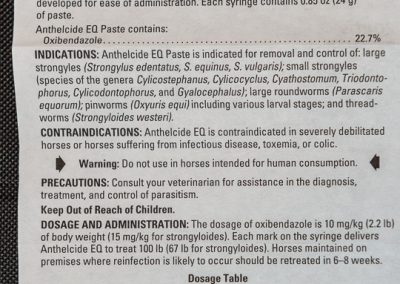
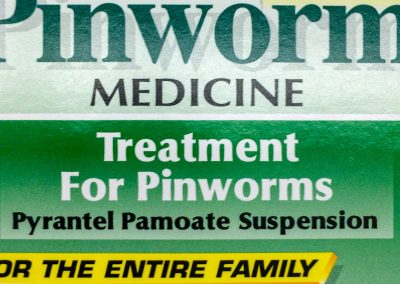
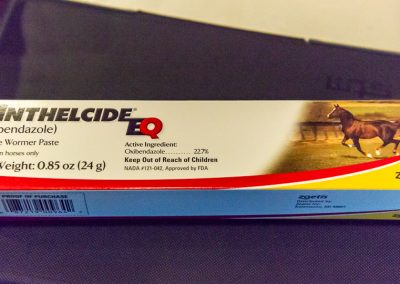
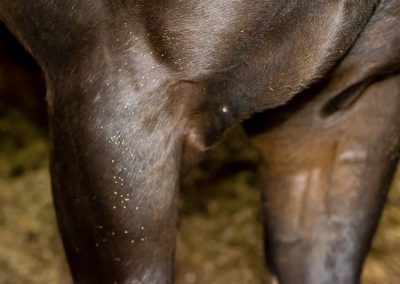
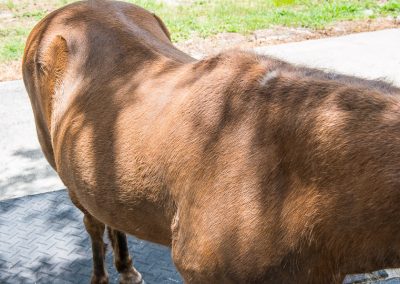
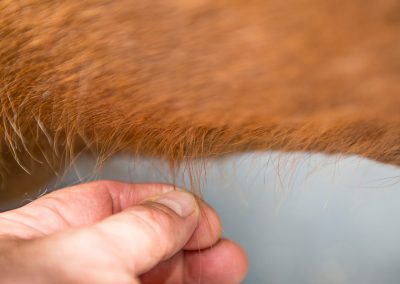
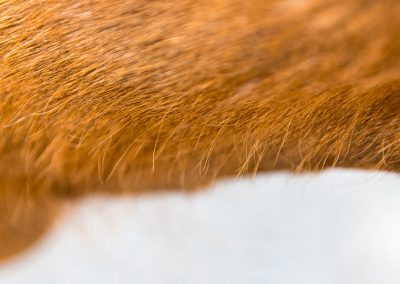
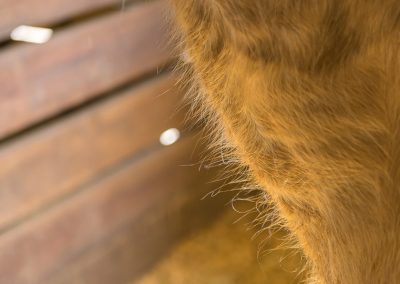
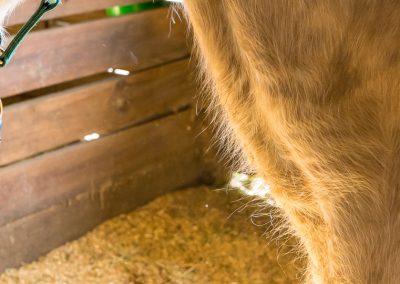
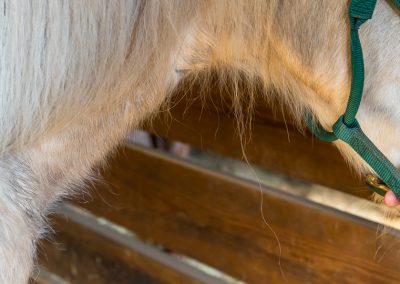
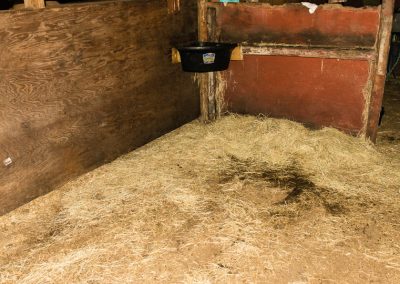
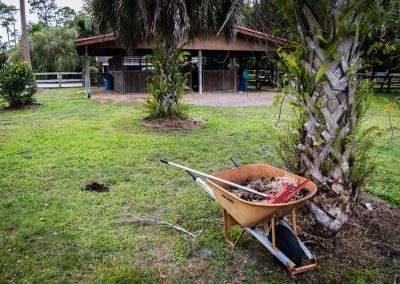


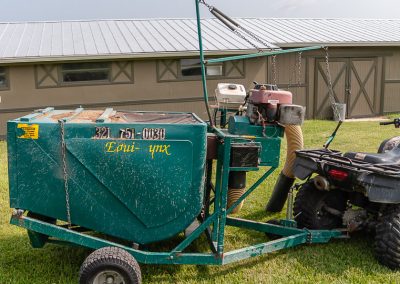
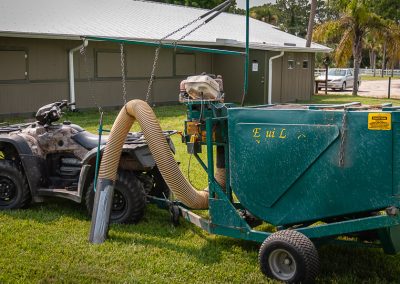





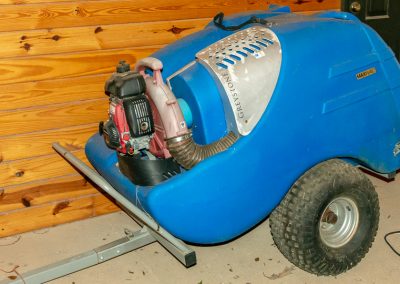
Responses